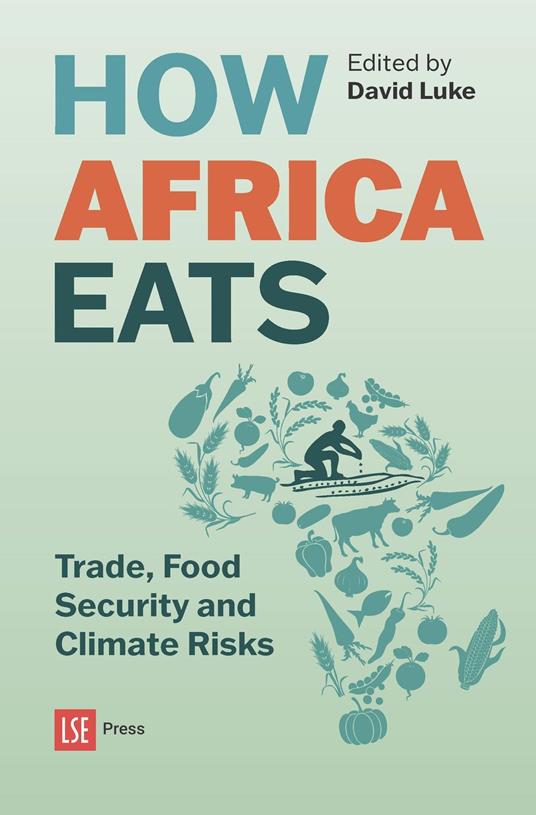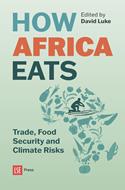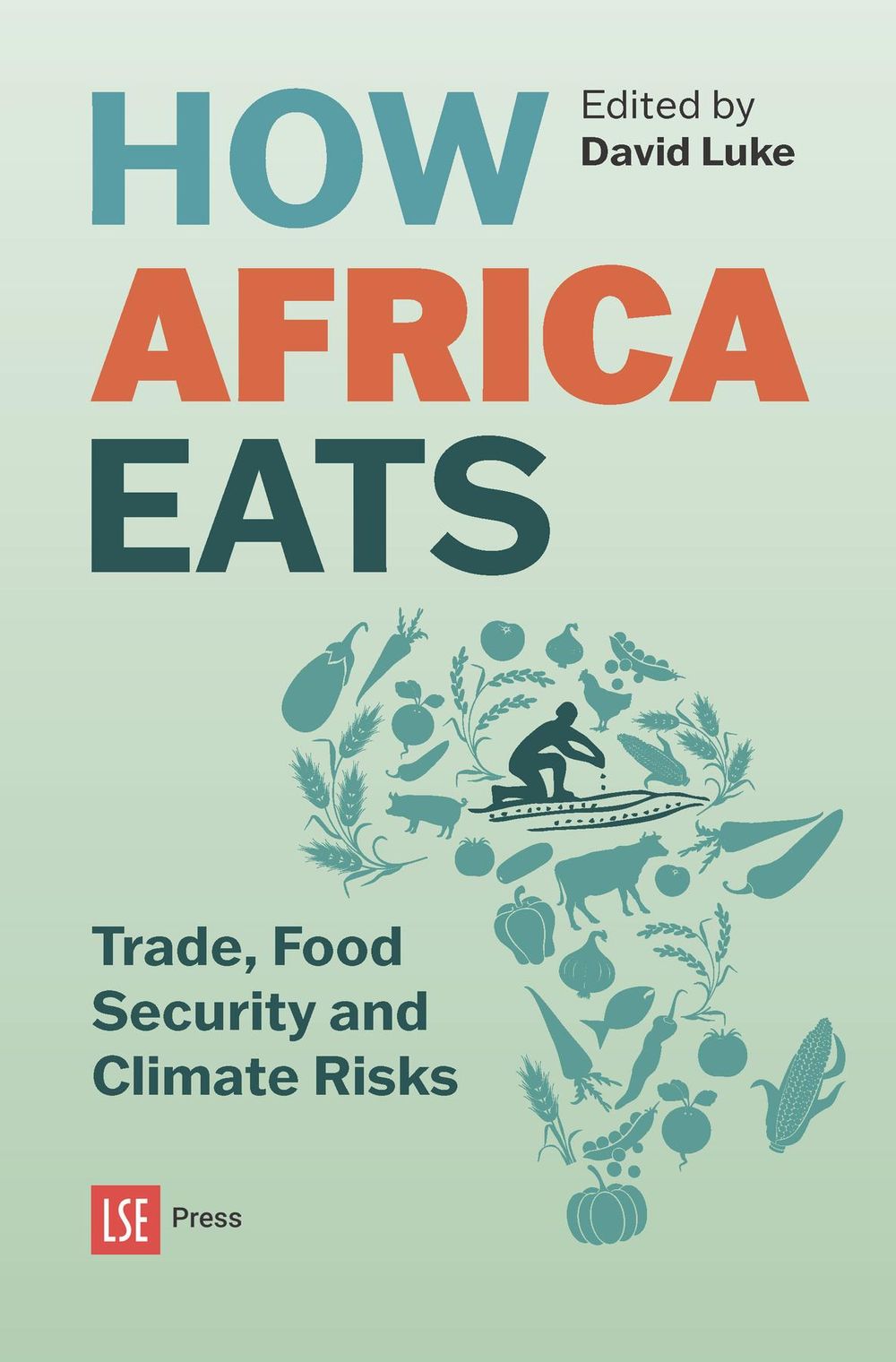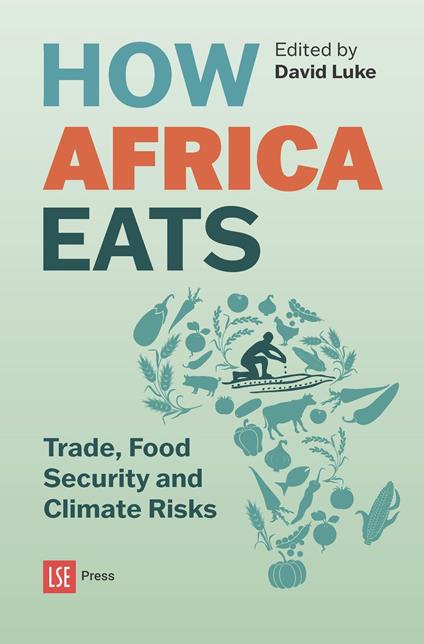How Africa Eats
Why do images and reports of starving and malnourished Africans appear so often in the media? What are the actual dimensions of the problem? What has trade and climate got to do with it? In How Africa Eats: Trade, Food Security and Climate Risks, award-winning author David Luke and a team of researchers seek to answer these questions, to explain why Africa struggles with food security and what can be done about it. The intersection between trade, agriculture policies, and climate risks is fundamental to this enquiry. Using a data-led approach, this book examines in detail what Africa eats and where and how it is produced. It investigates how finance, investment, foreign aid, institutions, actors and capacities interact with policies in holding Africa back from becoming an agricultural powerhouse despite having 60 per cent of the world's arable land area. The book evaluates how climate change exacerbates the continent's challenges and scrutinises the sustainability of production systems in the face of environmental volatility. Experts in trade policy, international law and development unpack the barriers that currently limit the growth of intra-African food trade, including the role of the World Trade Organization (WTO), and model the expected impact of the implementation of the African Continental Free Trade Area (AfCFTA) on agricultural trade. The extent of food deprivation in Africa is sobering. The United Nations estimates that a fifth of the African population is undernourished, and a quarter live with the day-to-day experience of severe food insecurity. How Africa Eats provides a vital, open access resource for academics, policymakers and trade experts seeking to address the continent's food insecurity in the face of urgent threats from climate change, trade barriers and complex policy challenges.
-
Curatore:
-
Anno edizione:2025
-
Editore:
-
Formato:
Formato:
Gli eBook venduti da Feltrinelli.it sono in formato ePub e possono essere protetti da Adobe DRM. In caso di download di un file protetto da DRM si otterrà un file in formato .acs, (Adobe Content Server Message), che dovrà essere aperto tramite Adobe Digital Editions e autorizzato tramite un account Adobe, prima di poter essere letto su pc o trasferito su dispositivi compatibili.
Cloud:
Gli eBook venduti da Feltrinelli.it sono sincronizzati automaticamente su tutti i client di lettura Kobo successivamente all’acquisto. Grazie al Cloud Kobo i progressi di lettura, le note, le evidenziazioni vengono salvati e sincronizzati automaticamente su tutti i dispositivi e le APP di lettura Kobo utilizzati per la lettura.
Clicca qui per sapere come scaricare gli ebook utilizzando un pc con sistema operativo Windows



